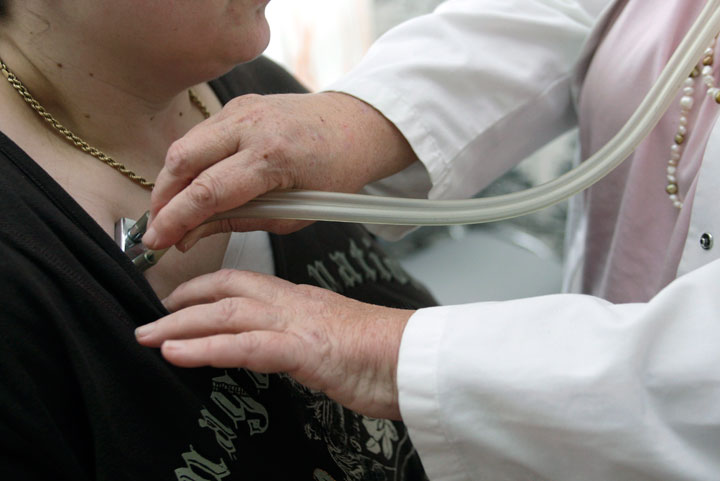Manitobans are healthier and living longer, according to a new report from the University of Manitoba.

One of the leaders of the study, Dr. Randy Fransoo, told 680 CJOB that diagnostics have played a large role in the reason our health is improving.
“Diabetes is a beautiful example. It’s been a priority issue in Manitoba for decades,” he said.
“Finding cases and finding them earlier, so we can start intervening. We know we can improve people’s health status and their longevity by getting a bit more aggressive on early treatment.”
According to the report, a health gap between rich and poor Manitobans still exists, but it stopped widening around 2013.
When it comes to Indigenous people, however, the results aren’t so positive when compared to other Manitobans.
Indigenous Manitobans have a life expectancy 11 years shorter than the general population, with the study blaming the gap on poor access to healthcare, along with generational racism, and problems with housing, healthy food and clean water in some communities.

Fransoo said the study shows an increase in chronic diseases in Manitoba, but there’s an easy explanation – people living longer means they’re more susceptible to diseases like cancer.

Get weekly health news
“When life expectancy was 35, cancer was not an issue,” he said.
“Now that life expectancy is 80, a lot more of us are living to the ages where those abnormalities can be created in our bodies.”
Fransoo said he was pleasantly surprised to see a considerable drop-off in teen pregnancy rates, with the study showing a 33 per cent decline since 2013.
READ: This year’s report
“Historically, Manitoba has had one of the highest teen pregnancy rates in Canada,” he said.
“Women who give birth at a young age – and their children – are at risk for poorer health outcomes. So this decrease is a good sign for the health of Manitobans.”
Fransoo said Manitoba’s five regional health authorities will be using the study’s findings to inform future strategies.













Comments